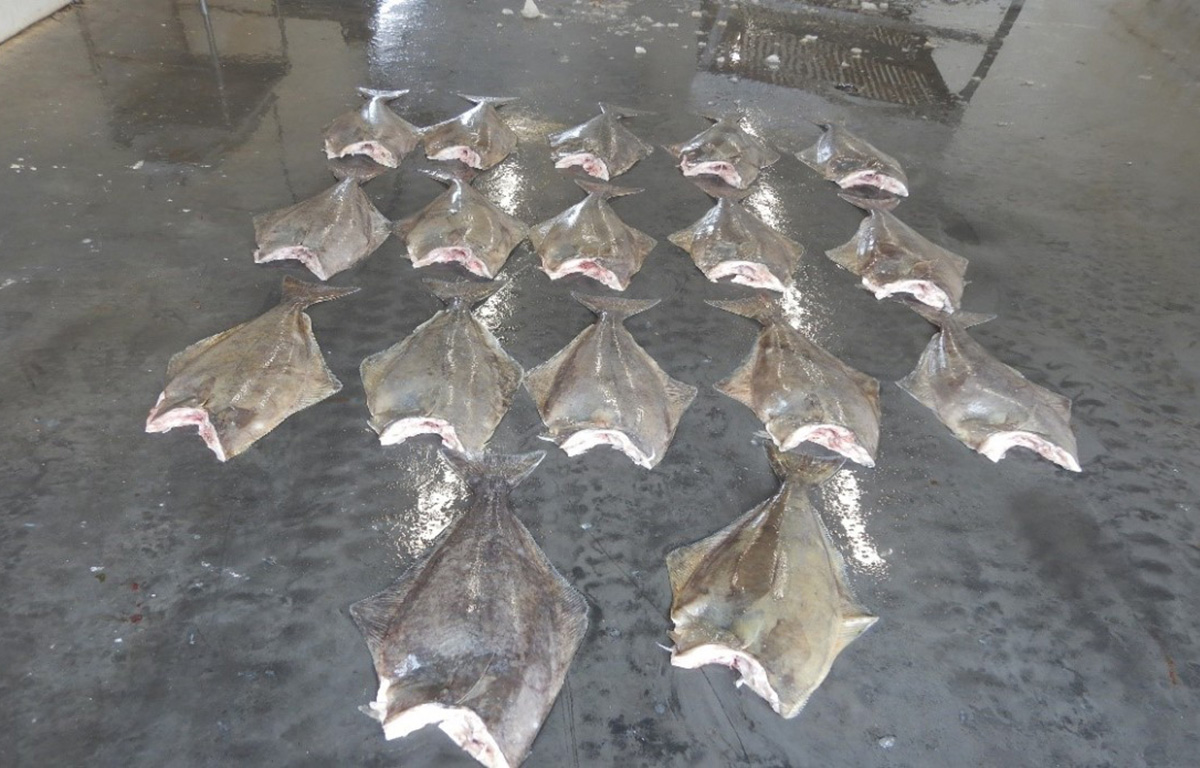The Canada Department of Fisheries and Oceans (DFO) has wrapped up charges related to a major two-year investigation of the halibut fishery in Nova Scotia, Canada, that resulted in heavy fines and multiple convictions.
The DFO announced a total of four trials for five individuals and three companies that collectively perpetrated 18 violations of Canadian halibut fishing regulations. Charges include failing to have catch verified at the dock and providing inaccurate catch information so that fishers could land more halibut than allowed by their license.
As a result of the trial, the individuals and companies on trial were collectively fined more than CAD 260,000 (USD 193,000, EUR 179,000). One individual received a 60-day license suspension, during which they cannot fish or renew their license, and another received a six-month license suspension banning them from boarding a commercial vessel in Canadian or American waters, from processing or acquiring any interest in a fishing vessel or license, and from possessing any commercial fishing gear.
“License suspensions are costly penalties that prevent harvesters from generating income by fishing, and suspension time frames generally coincide with the most lucrative times to fish,” the DFO said. “Harvesters who break the law give themselves an unfair advantage, undermine the effective management of the fishery, and threaten the sustainability of our shared fishery resources.”
The latest fines and charges build on earlier charges issued in 2021 related to the illegal possession and sale of harvested halibut. As of December 2021, the DFO had already issued 66 charges to eight individuals and five companies in Nova Scotia over the violations – which were discovered via the same two-year investigation.
Along with the charges, authorities seized a 50-foot longline fishing boat and its related fishing gear, two vehicles, a 28-foot enclosed trailer, a compact track loader, 7,461 pounds of halibut valued at CAD 40,000 (USD 29,700, EUR 27,500), and CAD 36,000 (USD 26,700, EUR 24,800) in cash.
Photo courtesy of the Canada Department of Fisheries and Oceans







